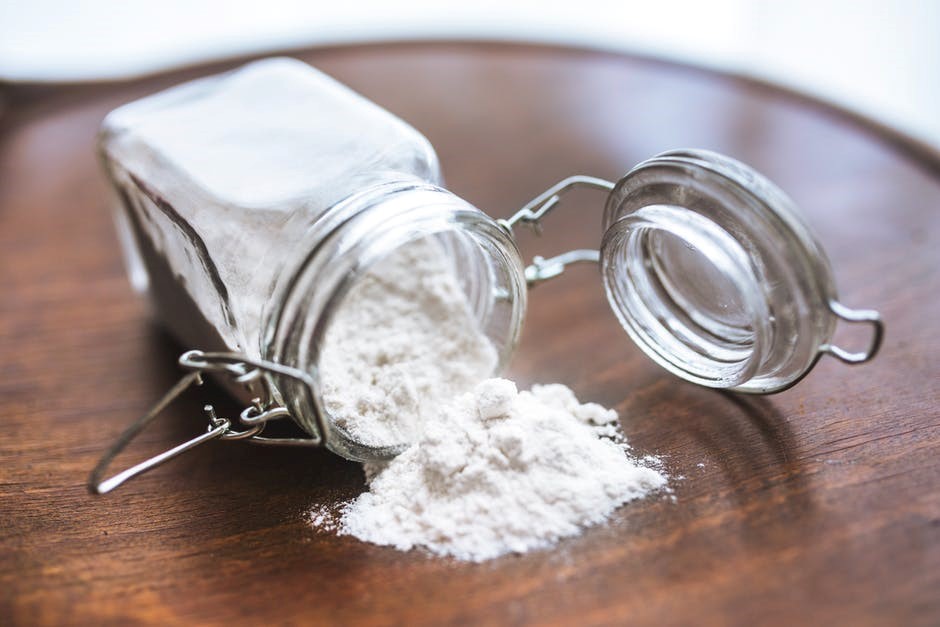Baking soda is a household essential, known for how effectively it can tackle the most challenging cleaning situations. However, some surfaces can be sensitive to baking soda. Therefore, to keep your home in good condition, it is worth knowing when not to use baking soda.

Glass
Being an abrasive cleaner, cleaning glass with baking soda could cause scratches across your windows. There are plenty of alternative glass cleaners on the market. However, for an all-natural approach, try cleaning your glass with vinegar.
Wood
With wooden furniture, a diluted dish soap is advised for cleaning and not baking soda. Wood specific cleaners should only be used on wooden flooring too. If used, baking soda can damage the sealant which will eventually ruin the wood.
Aluminium
Many cooking pots and pans tend to be manufactured using aluminium. We all know how easy it is for cookware to be marked with stubborn stains and burn marks. Baking soda can cause the aluminium to oxidize, consequently turning the metal brown, so steer clear from cleaning aluminium pots and pans with it.
Dining Cutlery
Baking soda can work as a short term solution to removing tarnish from antique silver. However, in the long term, using baking soda can remove patina, causing it to tarnish quicker next time. With gold plated dining sets, baking soda will remove the plating and leave scratches.
Marble
A controversial subject: people are often advised to clean their marble surfaces with baking soda, but stone manufacturers warn otherwise. Baking soda can ruin the upper protective layer of marble or quartz, leaving it sensitive to scratching if cleaned with baking soda. Many people do not realise this as it may take a while to notice the damage being done.
Grooves
Any equipment or furniture with deep grooves or cracks should not be cleaned with baking soda. If they are, over time left behind residue will begin to build up, leaving your equipment looking less clean than before!
Ceramic Oven Tops
Despite baking soda being a go-to oven cleaner for many people, it may not always work. For ovens featuring a ceramic glass top, avoid using baking soda. Using it can scratch the ceramic surfaces and create a stubborn white film. However, if you do use it by accident, clean away the white film with vinegar.
Yourself
Using baking soda on either your skin or in your hair can leave it feeling very dry. With skin being slightly acidic and baking soda containing a basic pH, it can neutralise the natural acid levels, leaving your skin dry and cracked. With your hair, baking soda can remove its natural oils, leaving your hair feeling dry and straw-like.
Enquiring on Cleaning Services in Hertfordshire
To avoid causing damage to your beloved household items, cleaning services in Hertfordshire are here to help. At Herts Domestique we are a domestique cleaning agency, providing services in household cleaning, tenancy cleans and builders cleans.
For more information on our services, get in touch with our team today.
